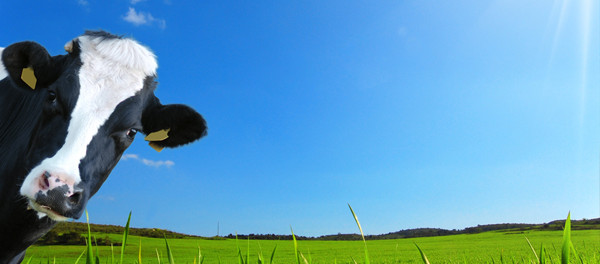Vegetarian? Don’t Miss Out On These Nutrients!

Most Americans don’t eat enough vegetables, so you’d think vegetarians and vegans (vegetarians who consume no foods that come from animals) would be the healthiest people around. It’s true that reducing red meat consumption can lower your risk of heart disease, and eating a vegetarian diet may also lower your risk of diabetes, high blood pressure, and even cancer. But research, including a study published in 2016 in the journal Nutrients shows that vegetarians also run the risk of deficiencies in certain nutrients, notably not getting enough vitamin B12. “Vitamin B12 is important in maintaining appropriate brain functioning and blood flow throughout our bodies and is mainly found in animal products, which is why someone following a vegetarian or vegan lifestyle may develop a deficiency,” explains Amanda Hostler, RD, a therapeutic nutrition specialist at Abbott in Houston, TX. “Vitamin B12 deficiency [can manifest] as the disease megaloblastic anemia, characterized by a low red blood cell count, with the red blood cells being larger than normal.” Symptoms that may company anemia can include fatigue, weakness, constipation, not wanting to eat and weight loss. Signs of vitamin B12 deficiency without anemia might be tingling in your hands and feet, depression, confusion, memory problems and balance issues. To make sure you’re getting enough B12, try having nutritional yeast, fortified ready-to-eat cereals and soy milk, and (if you eat some animal products), dairy, eggs, fish, and shellfish. While whole foods are the best source, supplements can assure the adequate intake of 2.4 micrograms a day, especially if you’re vegan.
Excerpted from The Healthy













